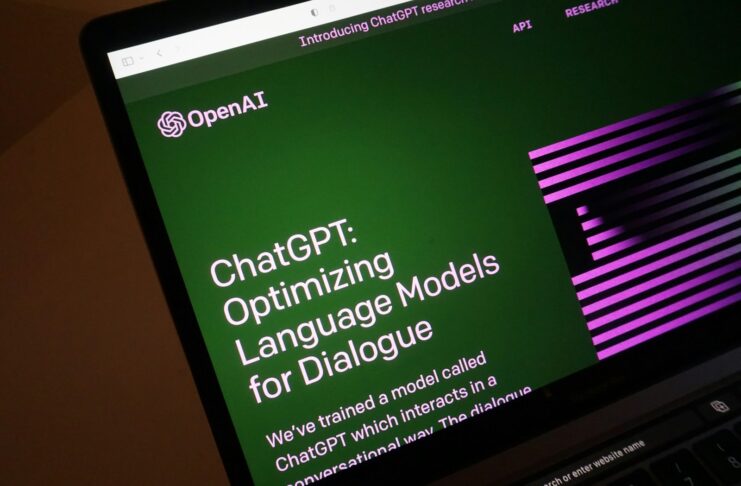As artificial intelligence continues to transform workplaces, early evidence suggests that its effects on employee wellbeing may be less harmful than many have feared — at least for now.
A newly published study in the journal Nature: Scientific Reports analysed two decades of German data and found that, so far, AI exposure has not led to widespread declines in workers’ mental health or job or life satisfaction.
In some cases, the technology may even have brought modest physical health benefits for certain groups of workers, the study found.
Small Health Gains, Not Widespread Harm
The research draws on long-term data from the German Socio-Economic Panel — a survey of 15,000 households — enabling the authors to track how workers in AI-exposed occupations have fared compared to those in roles less affected by automation. The team included Osea Giuntella of the University of Pittsburgh, Luca Stella of the University of Milan and Johannes King of the German Ministry of Finance.
“Public anxiety about AI is real, but the worst-case scenarios are not inevitable,” said Stella, who is also affiliated with the Center for Economic Studies (CESifo) and the Institute for Labor Economics (IZA). “So far, we find little evidence that AI adoption has undermined workers’ wellbeing on average. If anything, physical health seems to have slightly improved, likely due to declining job physical intensity and overall job risk in some of the AI-exposed occupations.”
The data indicates that workers with lower levels of education, who are often assumed to be most vulnerable to automation, may have seen small improvements in physical health and satisfaction. This may reflect a reduction in physically demanding tasks as AI systems take over more manual or repetitive duties.
Subtle Early Trends, But Caution Remains
While the task-based analysis points to largely neutral or slightly positive outcomes, the study also incorporated self-reported exposure data. Here, some small negative effects on job and life satisfaction did emerge, hinting at underlying anxieties among workers about the longer-term implications of AI.
“We may simply be too early in the AI adoption curve to observe its full effects,” Stella said. “AI’s impact could evolve dramatically as technologies advance, penetrate more sectors, and alter work at a deeper level.”
In addition to health and wellbeing measures, the study found modest declines in weekly working hours for some AI-exposed workers, but no major changes in income or employment rates. The authors suggest that, at least in Germany’s regulated labour market, AI has so far been integrated into work without the large-scale disruption many predicted.
Context Matters: Germany’s Labour Protections Key
The study’s German focus may partly explain the relatively benign early findings. Germany’s strong employment protections, collective bargaining structures and gradual pace of technological adoption may help buffer workers from some of the more disruptive effects seen elsewhere.
The authors acknowledge that different outcomes may emerge in countries with more flexible or precarious labour markets, and especially for younger generations whose entire careers may unfold during a period of rapid AI development.
“This research is an early snapshot, not the final word,” said Giuntella, who has previously studied the impact of robotics on households and employment. “As AI adoption accelerates, continued monitoring of its broader impacts on work and health is essential. Technology alone doesn’t determine outcomes; institutions and policies will decide whether AI enhances or erodes the conditions of work.”
Preparing for the Next Phase of AI Adoption
For employers, the findings may offer some reassurance that AI-driven changes have not yet damaged wellbeing on a wide scale. But observers caution that the true effects may only become clear as AI technologies become more deeply embedded across more sectors.
Researchers point to the importance of how organisations design AI integration, how job tasks evolve and whether adequate support is provided to employees. The nature of AI-driven work design, combined with training, employee voice and broader policy frameworks, may determine whether AI adoption enhances wellbeing or creates new pressures.
For now, the data suggests AI’s first steps into the workplace have not triggered the widespread decline in wellbeing some have predicted. But as the technology advances, employers, policymakers and researchers will need to stay vigilant.


